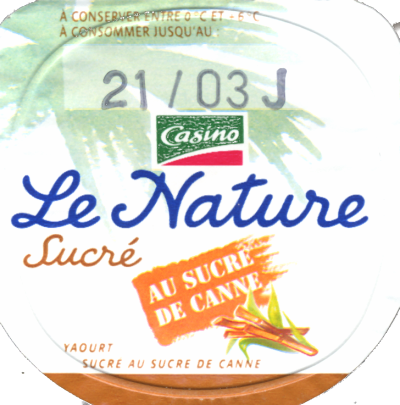Fake French in Victorian novels
Du faux français dans un roman d’une auteure anglaise de l’ère victorienne, qui de toute façon emploie un curieux mélange d’anglais et d’allemand.
«Carlesse contente», c’est clair pour vous ?
Some time ago, on the occasion of doing other editing/proofreading work, I reconnected with Project Gutenberg, and in particular the excellent network of distributed proofreaders — the folks who bring you the wonderful Project Gutenberg eBooks. Poking around among the current projects, I came across a curious Victorian novel written by Jessie Fothergill and called The First Violin. It is set in Germany, the main characters are musicians, and much of the dialogue is in a mixture of German and English — obviously to add local colour, because you’d expect the characters to talk in German anyway, and their speech to be rendered in English in a book in English.
An even stranger kind of multilingualism is the use of fake French in this passage (emphasis mine):
Karl Linders gave his opinion freely upon the men in authority. He had nothing to do with them, nothing to hope or fear from them; he filled a quiet place among the violoncellists, and had attained his twenty-eighth year without displaying any violent talent or tendency to distinguish himself, otherwise than by getting as much mirth out of life as possible and living in a perpetual state of “carlesse contente.”
I’m quite sure a non-English-speaking French native speaker would have problems with carlesse (TLFi doesn’t know it either.) And content (fem.: contente) is supposed to be an adjective.
Jessie Fothergill, who was born in Manchester (England) in 1851 and died in Switzerland in 1891, was the daughter of one of the founders of a large English textile company. I don’t know much about her life, except that The First Violin was also published by various houses in the U.S., and that an 1898 Broadway play was based on this novel. There are also links between The First Violin and the now almost obscure German composer Joachim Raff’s fifth symphony.
Related posts: French brand name gender, Amuse-bouche to zaibatsu, Minimalist Kitkat, Nutella, left-wing and macho, Pas aussi atroce que ça !, More reading, On fuck and Marmite
Technorati (tags): books, French, gender, language, langue, Project Gutenberg


